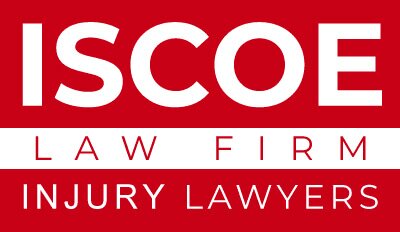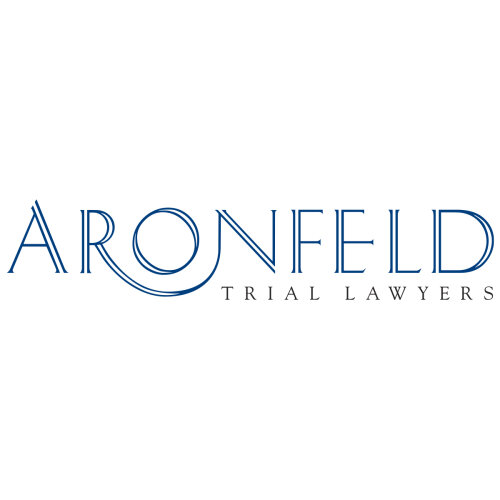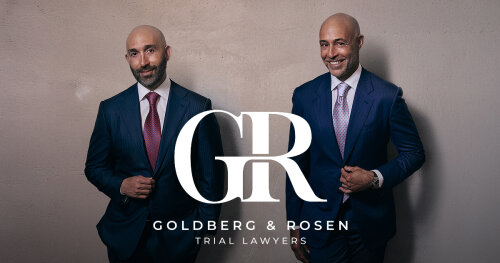Best Bad Faith Insurance Lawyers in Florida
Share your needs with us, get contacted by law firms.
Free. Takes 2 min.
Or refine your search by selecting a city:
List of the best lawyers in Florida, United States
About Bad Faith Insurance Law in Florida, United States
Bad faith insurance law in Florida refers to the legal rules protecting policyholders when their insurance company acts unreasonably or unfairly in handling claims. In simple terms, "bad faith" occurs when an insurance company fails to uphold its contractual obligations to its insured, such as by denying a valid claim, delaying payments, or offering less than what is owed without a valid reason. Florida law gives policyholders the right to hold insurers accountable for such misconduct, often allowing for additional damages beyond the original claim amount.
Why You May Need a Lawyer
You might need a lawyer in bad faith insurance situations when you feel the insurance company is not treating your claim fairly or promptly. Common situations include:
- Your legitimate claim has been denied without a proper explanation
- The insurance company unreasonably delays paying your claim
- You receive a settlement offer that is far less than what your policy should cover
- Necessary information is withheld, or your insurer does not communicate with you
- You are facing intimidation, threats, or any unethical behavior from the insurer
Legal help is crucial when you believe your rights as a policyholder are being violated since bad faith claims often involve complex legal procedures and strict deadlines. A lawyer can evaluate your case, gather evidence, negotiate with the insurer, and, if needed, file a lawsuit to obtain the compensation you deserve.
Local Laws Overview
Florida has specific statutes governing bad faith insurance practices. The most important law is Florida Statute 624.155, which allows policyholders to file a civil lawsuit against an insurer for acting in bad faith. To bring a claim, the policyholder must first file a written notice with the Florida Department of Financial Services giving the insurer 60 days to fix the problem.
Bad faith claims can arise from both first-party insurance (like property, health, or life insurance claims by the policyholder) and third-party insurance (such as liability claims where the policyholder is being sued by another party). The law aims to give insurers a fair chance to address any mistakes but also provides powerful remedies, including damages that can exceed the original policy limits, reimbursement for attorney’s fees, and sometimes even punitive damages.
Florida courts have developed a broad but clear understanding of what constitutes bad faith. Common signs include ignoring evidence that supports your claim, failing to investigate properly, or attempting to settle for far less than a reasonable evaluation. Understanding these laws is key when you suspect your insurer is not acting in good faith.
Frequently Asked Questions
What is insurance bad faith in Florida?
Insurance bad faith in Florida refers to unethical or unreasonable actions by an insurer when handling or denying a policyholder’s claim. This can include delaying payments, denying valid claims, or offering unfair settlements without a legitimate reason.
How do I know if my insurer acted in bad faith?
If your insurance company unreasonably denies your claim, delays payment, fails to conduct an adequate investigation, does not communicate details or deadlines, or consistently lowballs settlement offers without clear reasons, it may be acting in bad faith.
What should I do if I think my insurer is acting in bad faith?
Document all correspondence with your insurer, keep records of your claim process, and consult with an attorney experienced in Florida insurance law as soon as possible. You will also need to file a Civil Remedy Notice with the Florida Department of Financial Services first.
How long do I have to file a bad faith claim in Florida?
Generally, the statute of limitations for bad faith insurance claims in Florida is five years from the date the bad faith act occurred, but consulting a lawyer as soon as possible is advised to ensure deadlines are not missed.
Can I recover more than my policy limits in a bad faith claim?
Yes, if the court finds that the insurer acted in bad faith, you may be eligible to recover additional damages above policy limits, including compensation for attorney’s fees, court costs, and possibly punitive damages.
What is a Civil Remedy Notice?
A Civil Remedy Notice is an official document that gives your insurer 60 days to correct its bad faith behavior or resolve your claim before you can file a lawsuit. It is filed with the Florida Department of Financial Services.
Are both first-party and third-party claims covered by bad faith laws?
Yes, Florida allows both first-party (claims for your own losses) and third-party (claims when someone sues you and your insurer defends you) policyholders to pursue bad faith actions against their insurers.
Will hiring a lawyer improve my chances of a successful bad faith claim?
Yes, experienced lawyers understand the complexities of insurance law, can gather evidence, communicate effectively with insurers, and represent you in negotiations or court to maximize your chances of success.
What evidence do I need to prove bad faith?
Evidence may include correspondence with your insurance company, claim denial letters, documentation of your losses, notes on phone conversations, expert reports, and any proof of delayed or denied payments or unreasonable settlement offers.
Can I handle a bad faith claim on my own?
While it is possible to start the process yourself, bad faith claims are complex and insurers have their own legal teams. Most people find that hiring an attorney greatly increases their likelihood of a fair outcome.
Additional Resources
- Florida Department of Financial Services - Oversees insurance regulation in Florida and provides guidance on filing civil remedy notices.
- Florida Bar Association - Offers lawyer referral services and consumer information on dealing with insurance disputes.
- National Association of Insurance Commissioners - Provides information on insurance regulations and consumer protections nationally.
- Local Legal Aid Organizations - May help low-income individuals seek legal assistance with insurance disputes.
Next Steps
If you suspect you are a victim of insurance bad faith in Florida, start by gathering all related documentation, including your policy, communications with your insurer, and evidence of your claim. Next, consider consulting an experienced insurance bad faith attorney who can evaluate your situation, explain your rights, and guide you through the required steps, including filing a Civil Remedy Notice if appropriate. Timely action is important, so do not delay in seeking legal advice to protect your interests and secure the compensation you deserve.
Lawzana helps you find the best lawyers and law firms in Florida through a curated and pre-screened list of qualified legal professionals. Our platform offers rankings and detailed profiles of attorneys and law firms, allowing you to compare based on practice areas, including Bad Faith Insurance, experience, and client feedback.
Each profile includes a description of the firm's areas of practice, client reviews, team members and partners, year of establishment, spoken languages, office locations, contact information, social media presence, and any published articles or resources. Most firms on our platform speak English and are experienced in both local and international legal matters.
Get a quote from top-rated law firms in Florida, United States — quickly, securely, and without unnecessary hassle.
Disclaimer:
The information provided on this page is for general informational purposes only and does not constitute legal advice. While we strive to ensure the accuracy and relevance of the content, legal information may change over time, and interpretations of the law can vary. You should always consult with a qualified legal professional for advice specific to your situation.
We disclaim all liability for actions taken or not taken based on the content of this page. If you believe any information is incorrect or outdated, please contact us, and we will review and update it where appropriate.
Browse bad faith insurance law firms by city in Florida
Refine your search by selecting a city.
















